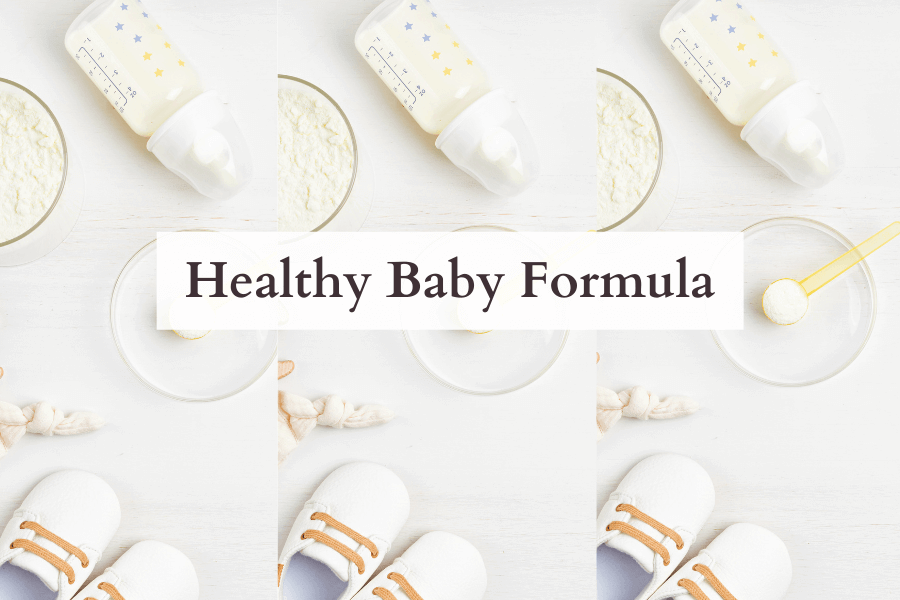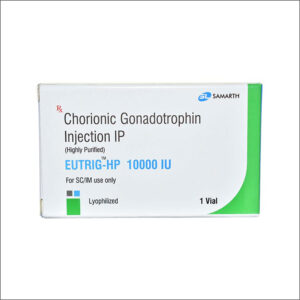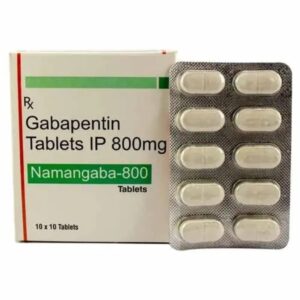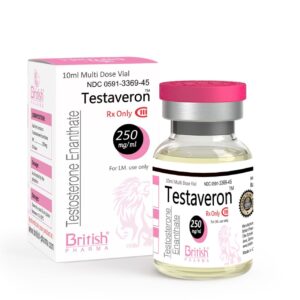Introduction
The U.S. Food and Drug Administration (FDA) has announced an expansion of its testing protocols for heavy metals in baby formula. This decision comes in response to growing concerns over the presence of toxic elements such as lead, arsenic, cadmium, and mercury in infant food products. The agency aims to enhance its regulatory oversight and ensure that baby formulas meet the highest safety standards, protecting the health of infants across the nation.
Why the Increased Focus on Heavy Metals?
Heavy metals are naturally occurring elements that can enter the food supply through soil, water, and industrial pollution. While trace amounts of these metals are found in many foods, prolonged exposure can have harmful effects, particularly on young children. Infants and toddlers are more vulnerable to the toxic effects of heavy metals because their bodies are still developing. Studies have linked long-term exposure to heavy metals with cognitive impairments, developmental delays, and other serious health issues.
The FDA’s decision to ramp up testing is based on a series of studies and reports highlighting the presence of heavy metals in baby food. Consumer advocacy groups and independent researchers have conducted tests that revealed concerning levels of these toxic substances in various infant formulas and baby food brands. In response to these findings, the FDA is intensifying its regulatory measures to mitigate potential risks.
New Testing Measures and Standards
The FDA’s new plan includes more frequent and comprehensive testing of baby formula samples collected from different manufacturers. The agency is setting stricter permissible limits for heavy metals and implementing rigorous screening protocols to identify any products that exceed these thresholds. These measures include:
Routine Testing: The FDA will increase the frequency of random and scheduled testing of baby formula products from various brands.
Stronger Safety Limits: Revised limits on lead, arsenic, cadmium, and mercury will be enforced to minimize exposure risks.
Enhanced Manufacturer Accountability: Companies producing baby formula will be required to conduct regular internal testing and submit their findings to the FDA.
Public Reporting: The agency plans to publish results of its testing to keep consumers informed about which products meet safety standards and which do not.
Impact on the Baby Formula Industry
Manufacturers of baby formula will need to comply with these enhanced regulations by improving their sourcing, processing, and quality control procedures. Some companies have already begun reformulating their products to ensure lower levels of heavy metals. Many industry leaders support the FDA’s initiative, recognizing that improved safety measures will strengthen consumer trust and ensure long-term public health benefits.
However, stricter regulations may also increase production costs, potentially leading to higher prices for consumers. Small and mid-sized manufacturers, in particular, may face challenges in meeting the new requirements without significantly raising prices. The FDA is working with industry stakeholders to find cost-effective solutions that prioritize safety without making baby formula inaccessible for families.

Consumer Guidance and Recommendations
Parents and caregivers are advised to stay informed about baby formula safety by checking for FDA updates and reports. To minimize potential exposure to heavy metals, they can take the following precautions:
Diversify Infant Diets: Offering a variety of foods, including fruits, vegetables, and grains, can help reduce the risk of excessive exposure to any single source of heavy metals.
Choose Trusted Brands: Opting for well-known baby formula brands that adhere to strict quality control measures can lower potential risks.
Monitor FDA Recalls and Advisories: Staying updated on regulatory announcements will help parents make informed decisions about baby formula purchases.
Conclusion
The FDA’s decision to increase testing for heavy metals in baby formula marks a significant step toward ensuring the safety and well-being of infants. By implementing stricter guidelines, enhancing testing procedures, and holding manufacturers accountable, the agency aims to reduce health risks associated with toxic metal exposure. As research and regulatory oversight continue to evolve, parents can feel more confident that the baby formula products on the market are held to the highest safety standards.
Our Products
-
HCG 10000 IU
$12.00 / Per Vial
-
Gabapentin 800mg
$2.00 / Per Pill
-
Testosterone Enanthate
$240.00 / Per 10ml





